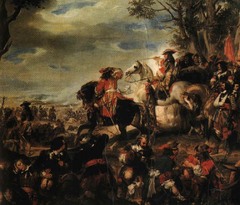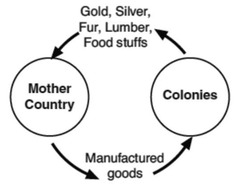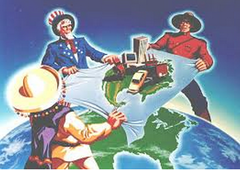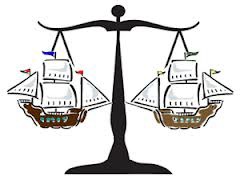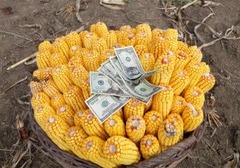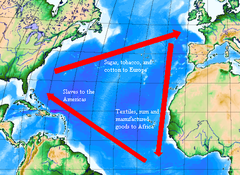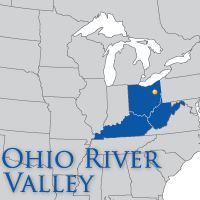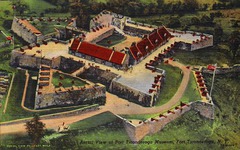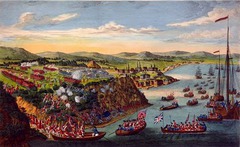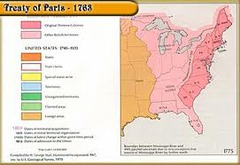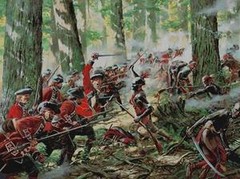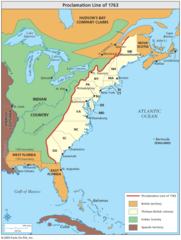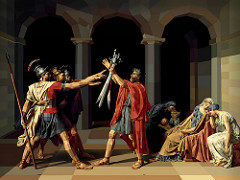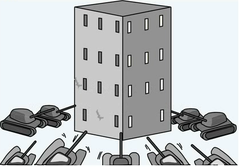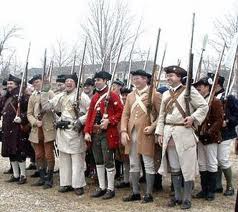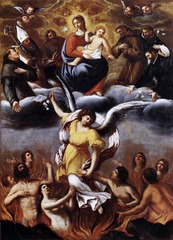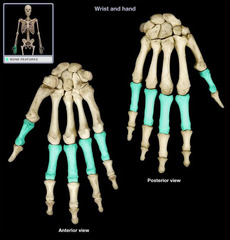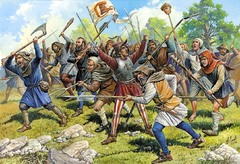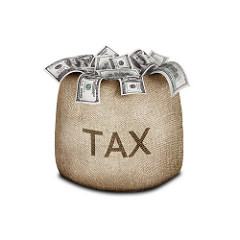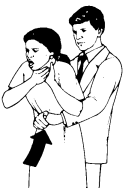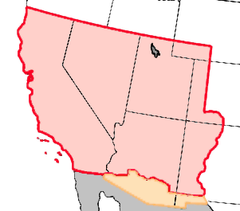The Seven Years War
18th century global war between France and England in Europe, North America and India
mercantilism
the belief that the gov't should control trade, use tariffs, monopolies, colonies and war to create a favorable balance of trade
free trade
the belief that government should not control or regulate commerce
balance of trade
exports-imports; nations that export more than they import have a favorable _______
cash crops
plants that you grow for money; e.g. tobacco, cotton, sugar
triangular trade
rum, New England-slaves. Africa-sugar and molasses, Cariibean, basis for colonial wealth
St. Lawrence River Valley
most French settlers lived in the part of canada
alliance
an agreement between two nations to work and/or fight together, most native tribes allied with the French
Ohio Valley
the present day Midwest, war between England and France started because of competing claims between France and Virginia
George Washington
he started the Seven years War in the Ohio Valley
fort
a defensive strusture
expel
to send away, England expelled many Acadians from Nova Scotia and sent them to Lousiana where they became cajuns
Plains of Abraham
battlefield outside Quebec where British defeated the French
Treaty of Paris 1763
ended the French and Indian War, England got Canada, Florida and the Mississippi Valley
Pontiac's Rebellion
rebellion of Ohio Valley tribes against England after the Seven years' War
Proclamation Line of 1763
after Pontiac's rebellion, English gov't said colonists could not settle past this line; they did, anyway
virtue
in 18th century, this meant subordinating the good of the one for the good of the many
The Great Awakening
religious movement that created many new Protestant churches and a decline of respect for established institutions
republicanism
the belief that people should be governed by elected representatives, not kings and nobles
social contract
the belief that gov't was the result of an agreement between the people and its rulers
John Locke
important political philosopher who believed in natural rights: life, liberty and property
aficionados
A person who is very knowledgeable and enthusiastic about an activity, subject, or pastime.
beet
A herbaceous plant widely cultivated as a source of food for humans and livestock, and for processing into sugar. Some varieties are grown for their leaves and some for their large nutritious root.
besiege
Surround (a place) with armed forces in order to capture it or force its surrender; lay siege to.
colonel
An army officer of high rank, in particular (in the US Army, Air Force, and Marine Corps) an officer above a lieutenant colonel and below a brigadier general.
congregationalist
A member of the Congregational Church
damnation
(in Christian belief) condemnation to eternal punishment in hell.
dislodge
Knock or force out of position.
energize
Give vitality and enthusiasm to.
grievance
A real or imagined wrong or other cause for complaint or protest, especially unfair treatment.
militia
A military force that is raised from the civil population to supplement a regular army in an emergency.
monetarily
In a monetary manner
monopoly
The exclusive possession or control of the supply or trade in a commodity or service.
perfidious
Deceitful and untrustworthy.
predestination
(as a doctrine in Christian theology) the divine foreordaining of all that will happen, especially with regard to the salvation of some and not others. It has been particularly associated with the teachings of St. Augustine of Hippo and of Calvin.
provision
The action of providing or supplying something for use.
proximity
Nearness in space, time, or relationship.
remedy
Set right (an undesirable situation).
repent
Feel or express sincere regret or remorse about one's wrongdoing or sin.
revitalization
Revival: bringing again into activity and prominence; "the revival of trade"; "a revival of a neglected play by Moliere"; "the Gothic revival in architecture"
revival
An improvement in the condition or strength of something.
revolt
Rise in rebellion.
settlement
An official agreement intended to resolve a dispute or conflict.
subordinate
Lower in rank or position.
tariff
A tax or duty to be paid on a particular class of imports or exports.
thereabout
Near that place.
thrust
Push (something or someone) suddenly or violently in the specified direction.
togas
A loose flowing outer garment worn by the citizens of ancient Rome, made of a single piece of cloth and covering the whole body apart from the right arm.
treaty
A formally concluded and ratified agreement between countries.
trounced
Defeat heavily in a contest.
